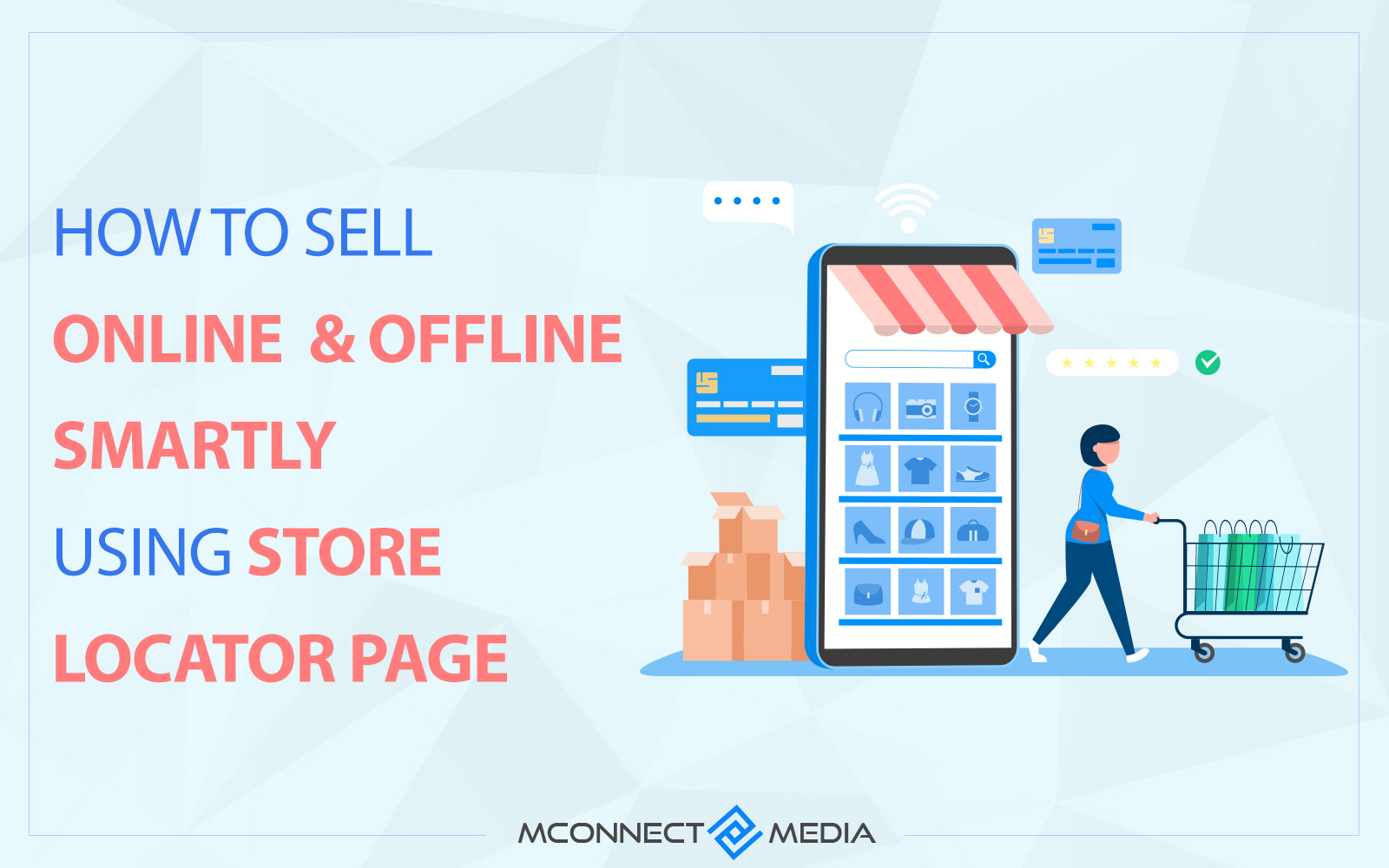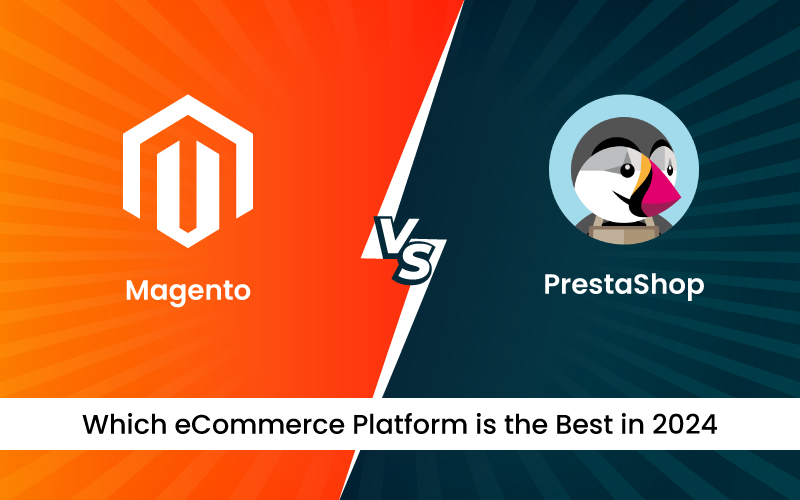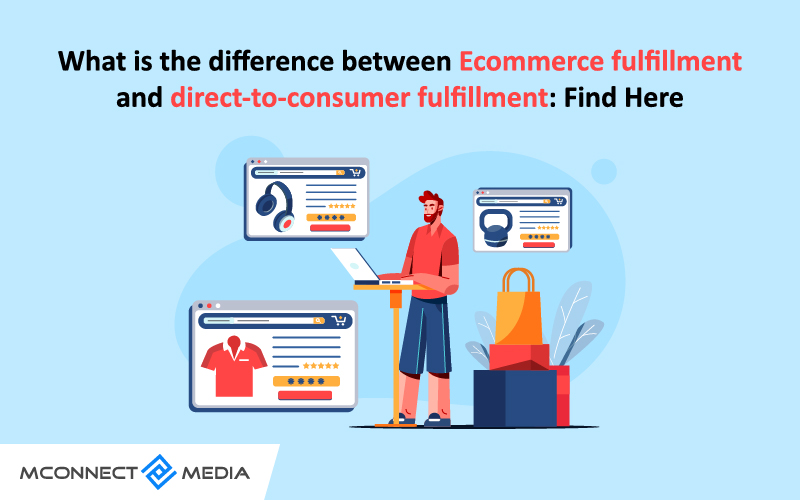It’s important for brands to engage with their customers so that loyal customers become more loyal and new people who have not bought anything from the brand yet can be reached. Conversational commerce is being used by some brands to directly engage with their customers and provide customer support via messaging.
Our world is changing at an increasing rate, and it is essential to stay ahead of the modern trend to succeed, excel, and thrive. Your business and your operations need to change to reflect changing times and the changing needs of your customers. For this reason, businesses should focus on how they communicate with their customers.
For marketers today, it has become imperative to be everywhere, so conversational commerce is the path to success. Basically, it is a method of sending SMS advertising messages and using different messenger applications and bots to communicate with customers in real-time.
What is Conversational Commerce?
Conversational commerce describes the process by which brands communicate with their customers and persuade them to make a purchase. Unlike traditional commerce, which engages customers in one-way dialogues of promotional messages that they may either accept or reject, conversational commerce focuses on customer service as well as customer experience.
This concept was initially carried out using social media messengers. Statista estimates that Facebook Messenger and WhatsApp each have an active monthly user base of more than one billion people. Almost everyone on earth uses Facebook Messenger or WhatsApp.
In conversational commerce, convenience, customization, and extreme support are all provided at the point of sale, while the customer is on the move and only partial attention is afforded. Conversational commerce leverages customer service to make the purchasing process a two-way conversation rather than one-way.
The emergence of SMS marketing represents even more of an opportunity for brands. Businesses send service notifications by text only to 23% of consumers, but 66% would prefer to receive them. Conversational commerce has become a powerful and integral pillar of the customer journey for brands that can do it well.
A conversational commerce approach offers so much more than just assistance. It helps buyers by providing them with answers to questions, giving them recommendations on products, reading reviews, and shopping by engaging with a real person at every critical point during their journey. When you help customers to make purchases easier, the likelihood of sales and customer satisfaction increase.
Why Conversational Commerce is the Future of E-Commerce?
If you want to succeed in business, you must understand that how you treat customers makes or breaks you. There can be no doubt that consumers value a company’s products and services equally as important as their experience with them.
By helping brands deliver constant, customized care for each customer, conversational commerce is one of the best ways to offer your customers the best customer experiences. Furthermore, conversational commerce provides customers with all the details they need about the products they are considering at every time in the buying process.
In this article, we will explore the best ways to apply conversational commerce strategies to the buyer’s journey.
1. Contextualization
Understanding what customers want and need for a product or service is the first stage of the buyer’s journey. Brands can still create a sense of eagerness even if their customers are unaware of the product they need. For example, watching a food advertisement can make you hungry. Therefore, brands can make use of conversational commerce to market products and services via SMS in order to create contextualization.
SMS marketing is being used more and more by brands to reach out to consumers with current deals and promotions.
Studies have found that SMS engagement rates can be six to eight times higher than email engagement rates depending on the SMS campaign. As 90% of SMS messages are read within three minutes of receipt, SMS can be a phenomenally effective engagement tool.
2. A research study
When consumers realize they want a product or service, they move on to the research stage, where they look for possible solutions. While this is usually the most complicated and time-consuming part of the buyer’s journey with the highest potential for drop-off, conversational commerce lets brands filter options and suggest products based on the customer’s preferences.
For example, if you are looking to purchase a hoodie, instead of browsing a large online catalog you could send a message that says “show me men’s hoodies”. When a customer specifies what they want, a chatbots can show them options that meet their requirements.
3. Insight
A customer compares all possible options at this point to determine which is most appropriate for his or her needs. When there are few options, even if pricing, reviews, or other criteria are available, the customer will likely wish to compare them. Conversational commerce simplifies the comparison process in such a scenario.
Conversion occurs when the consumer decides which product or service they’ll choose and proceeds with the purchasing process. You should ensure that once the consumer has selected you, the process of purchasing the product or service is as simple as possible so they don’t change their mind. Many people tend to abandon a purchase after a complicated purchase process with a lot of steps requires an account creation.
Why Is Conversational Commerce Important?
Implementing tools like live chat and chatbots should be priority for eCommerce stores or brands. Why? So, here we will let you know why conversational commerce can be a profitable choice for your brand.
-
Customized Recommendations
A conversational commerce experience is the best way to provide your customers with a personalized experience and what they need instantly. You can easily communicate with customers using text, chat, live video, and many other channels.
With this process, online store owners can gather the preferences, likes, and dislikes of their customers and provide them with recommendations that are tailored to their individual needs. To provide customers with personalized recommendations, conversational commerce is the most effective approach.
-
Human Support
To make your customers feel good about your brand in the age of AI and chatbots, provide your customers with human support. It is evident that in today’s era, your organization needs to provide the necessary human support whenever required.
Using conversational commerce technology facilitates instant communication with online customers, providing the answers to simple questions, and resolving problems. In order to make your brand more believable to customers, it is necessary to respond to their questions in the form of human support.
-
Effortless and convenient
A conversational commerce transaction allows customers to enjoy fast and efficient services.
By taking advantage of this feature, consumers can ask questions and get answers quickly, thus enabling them to take action on any issues that prevented them from taking action. Retailers can guarantee customer satisfaction by removing obstacles like these from their sites and making ordering as simple as possible for customers.
End of the Story!
It is impossible to think of a world without conversational commerce. If there wasn’t conversational commerce, consumers would get bored and eCommerce businesses would have fewer customers. Consequently, now’s the time to implement conversational commerce for eCommerce businesses.
Do you need help creating a conversational strategy for your eCommerce store? M-Connect Media can help you. Our in-house eCommerce experts can work with you to create the best possible solution for your eCommerce store.


















